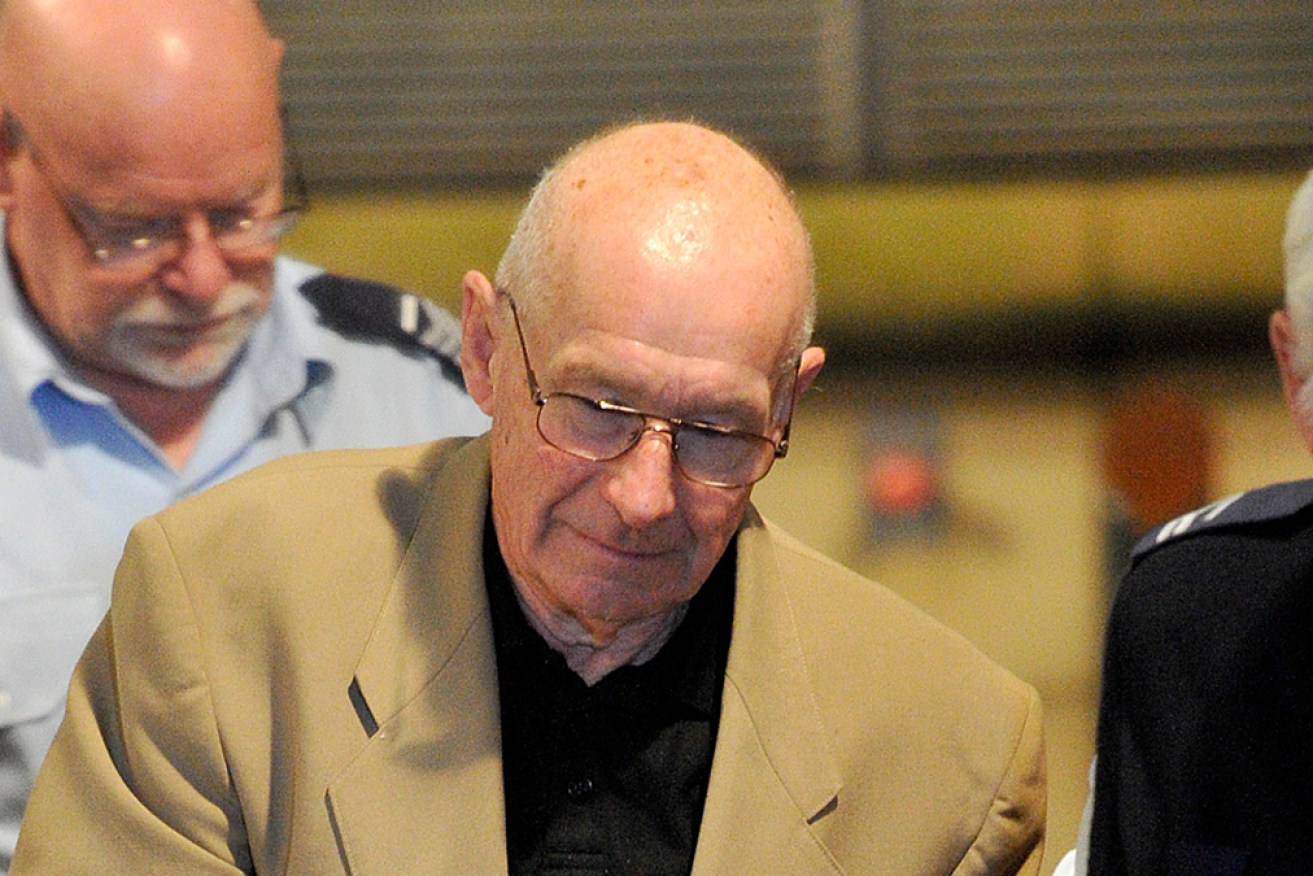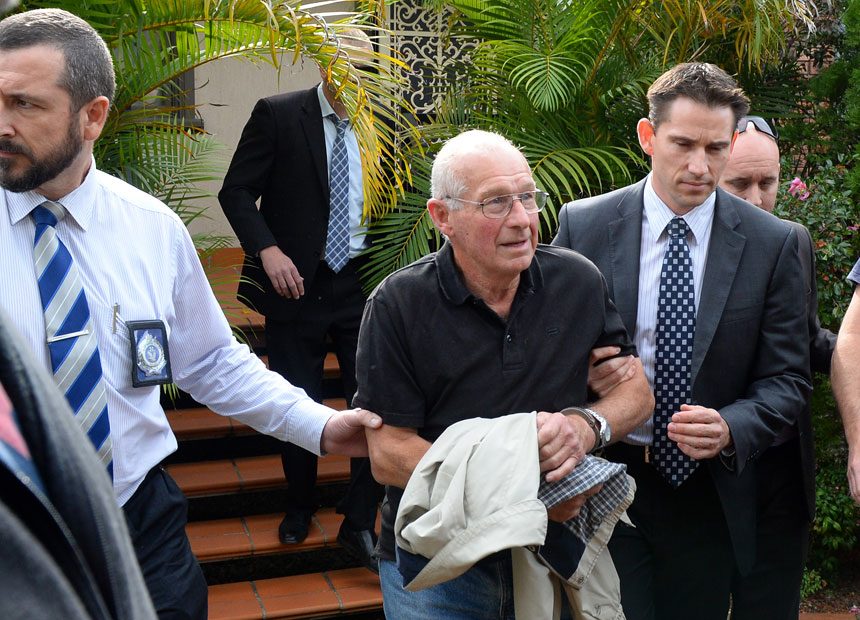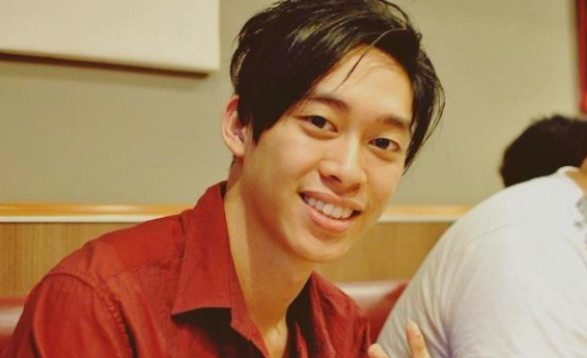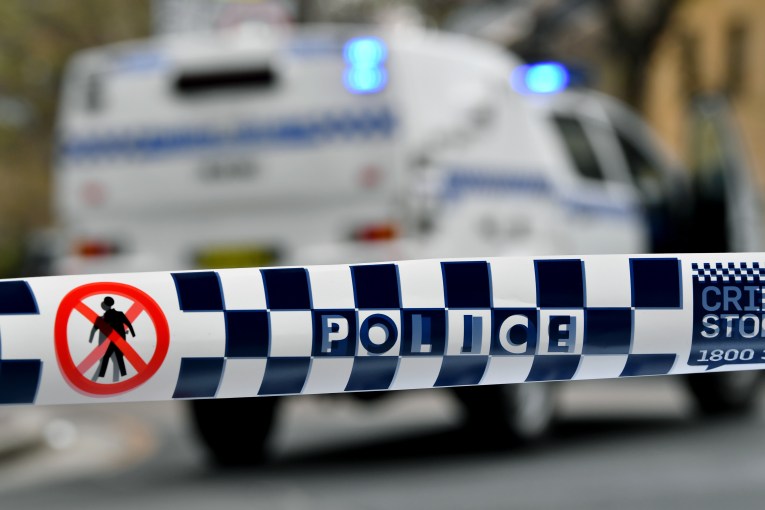Death of Roger Rogerson closes a painful chapter


Corrupt former cop Roger Rogerson was one of Australia's most controversial figures. Photo: AAP
Roger Rogerson, the face of police corruption in NSW – and once somewhat of a golden boy for the force – died aged 83 on Sunday.
Throughout his career, Rogerson received a plethora of awards for his service to the NSW Police, but his perceived good deeds were later overshadowed by his criminal convictions and links to organised crime.
He died while serving life in prison after he and fellow former detective Glen McNamara were convicted of the murder of Jamie Gao.
As a child, Rogerson was a talented pianist and in his youth he would showcase his skills to the people at the aged care facility his mother worked at. Later in life, he would play for his fellow inmates.
Rogerson started his policing career in 1958, after growing up in Bankstown, in Sydney’s southwest.
He made a name for himself early on in his career as an integral member of the armed hold-up squad and by the 1970s he was working on high-profile cases.
Three kills during his police career
In 1976, Rogerson apprehended Phillip Western, a bank robber, in Avoca Beach, just north of Sydney. When Western tried escaping through a window, police fired at him, killing him. Rogerson took accountability for his death.
Again in 1977, Rogerson was among the officers who opened fire on Lawrence John Burns, known as Butchy Burns, after Rogerson had been informed he was planning to steal from a payroll at South Sydney Juniors.
In 1980, he received the Peter Mitchell Award for the arrest of an armed robber. But just a year later, it started to unravel for Rogerson, with another kill under his belt.
After allegedly robbing a heroin dealer and shooting at police, Warren Lanfranchi, a 22-year-old who was also a heroin dealer, was shot dead in a street in Sydney’s suburb of Chippendale in 1981 by Rogerson.
Rogerson was cleared of wrongdoing after an inquest, but a jury declined to find he shot Lanfranchi in the course of duty or in self-defence.
Then, Lanfranchi’s girlfriend, Sallie-Anne Huckstepp accused Rogerson of murdering him. Huckstepp grew up in Sydney’s east and was pushed into sex work by her abusive husband, Bryan Huckstepp.
She appeared in the media advocating for an investigation into Lanfranchi’s death. In 1986, Huckstepp was murdered and her body was found in a pond in Centennial Park.
While notorious criminal turned whistleblower Neddy Smith was serving time, he confided in his cellmate that he killed Huckstepp as a favour to Rogerson, only to retract the statement, saying he only said it to promote a book he was writing.
Smith was charged and acquitted of murdering Huckstepp in 1999.
During the trial, Crown prosecutor Patrick Power told the jury Smith had the ability to kill Huckstepp because Rogerson and others had given him “the green light” to commit crimes.

Rogerson was associated with three killings while he was an officer. Photo: AAP
Death of his career
In 1984, Rogerson again found himself at the centre of serious allegations after drug squad detective Michael Drury was shot twice.
He was at home with his wife and two young children at the time of the shooting and survived, waking up from a coma just days after.
Drury accused Rogerson of orchestrating the hit because he refused to accept a bribe in exchange for not giving evidence in a major heroin case.
Rogerson was found not guilty in 1989 of conspiracy to murder but his reputation was in ruins and the high-profile case led to accusations of widespread corruption within the police service.
As a result of the Drury investigation, Rogerson was suspended from the NSW Police force in 1984 and officially dismissed in 1986.
In 1992, Rogerson experienced the inside of a prison cell for the first time, serving three years for conspiring to pervert the course of justice after depositing $110,000 into bank accounts using false names.
Jamie Gao’s murder
After being dismissed and spending time in prison, Rogerson worked in construction and dipped his toe into the entertainment industry, telling tales about Sydney’s underbelly in a theatre comedy alongside Mark “Chopper” Read and former Aussie Rules footballer, Mark “Jacko” Jackson.
After serving more time for lying to the 1999 Police Integrity Commission, things were relatively quiet for Rogerson, until 2014.
On May 19, 2014, Jamie Gao arrived at the Meridian Hotel in Hurstville in Sydney’s south to make final arrangements for a drug deal with Rogerson and Glen McNamara.
Two days later on May 20, McNamara and Gao arrived at a deserted industrial estate in Padstow and the 20-year-old was taken into a storage shed where he would be murdered.
Police alleged in court the two dumped Gao’s body out at sea and on May 26, his body was found wrapped in tarpaulin floating off Shelly Beach at Cronulla.
Both Rogerson and McNamara were arrested. Both pled not guilty but were convicted of the murder in 2016.

Jamie Gao was killed by Roger Rogerson and Glen McNamara.
Closing the ‘chapter’
Many people saw Rogerson as the face of police corruption in Australia.
Considered both a hero and villain during his 28-year police career, Rogerson was at one time the NSW force’s most-decorated officer, with a stellar career catching criminals and a formidable reputation for bravery.
That was before his close connections to some of Sydney’s most hardened crooks were exposed, eventually destroying his reputation, career and freedom.
Former officer turned crime writer, Duncan McNab, only clued into who Rogerson really was after he asked him about Huckstepp’s murder.
“You could see what a cold, cruel bastard he really was,” he told ABC radio on Monday.
“Roger was pretty much Teflon-coated throughout the ’80s.
“It wasn’t until he was caught on tape for the first time talking with a couple of other crooks about a large amount of money that he was trying to hide that he eventually went to jail for perjury.”
NSW Premier Chris Minns said he wasn’t going to speak ill of the dead, when asked about Rogerson’s death on Monday.
“Other than to say that it was a lifetime of, in many cases, dishonour to the NSW Police Force, I don’t have anything further to say about him,” he said.
with AAP








